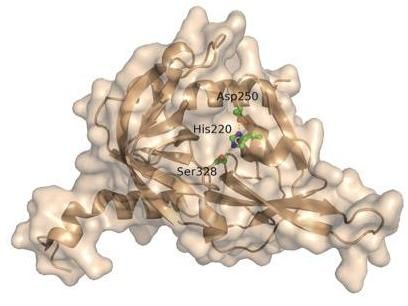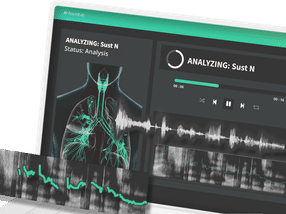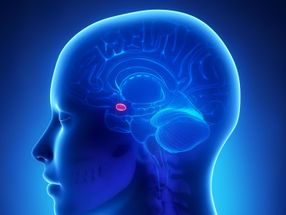Exonhit files patent on a panel of genes for the diagnosis of Alzheimer's disease from blood
ExonHit Therapeutics announced that it has filed a patent with the French Intellectual Property Institute (INPI) which covers a panel of genes that could enable the differential diagnosis of Alzheimer's patients from blood. The use of these genes will allow the identification of patients suffering from Alzheimer's disease from a population of elderly patients with no signs of cognitive disorders.
This is an important development as there is currently no diagnostic test that can accurately identify patients with Alzheimer's disease. The diagnosis of Alzheimer's disease is determined by default after an in-depth medical examination has found no evidence of other forms of dementia. The only way to confirm Alzheimer's disease is by performing a post-mortem analysis of the brain. This way of diagnosing the disease is far from satisfactory as it much less accurate in identifying patients suffering from early stage disease.
By utilising its unique gene profiling technology, ExonHit has been able to identify a molecular fingerprint in the immune system which results from changes brought about by the neuro-degeneration that takes place in Alzheimer's patients. This approach has enabled ExonHit to discover the underlying alternative splicing alterations in the modified cells of the immune system which are present in patients suffering from the disease.
Initially thought of as mainly neuronal, Alzheimer's disease is now better understood and is thought to be caused by alterations in the three main biological systems which ensure the body's homeostasis: the nervous, endocrine and immune system. Hence, alterations of certain neurons lead to modifications in endocrine regulation. This in turn, impacts the activity and viability of other neurons and the function of the immune systems. Alteration in the immune response plays also a key role in the development of Alzheimer's disease. As a result of this better understanding of the disease and ExonHit's expertise, it is now potentially possible to measure the various stages of Alzheimer's disease by examining cells circulating in the blood.
Most read news
Organizations
Other news from the department research and development

Get the analytics and lab tech industry in your inbox
From now on, don't miss a thing: Our newsletter for analytics and lab technology brings you up to date every Tuesday. The latest industry news, product highlights and innovations - compact and easy to understand in your inbox. Researched by us so you don't have to.























































